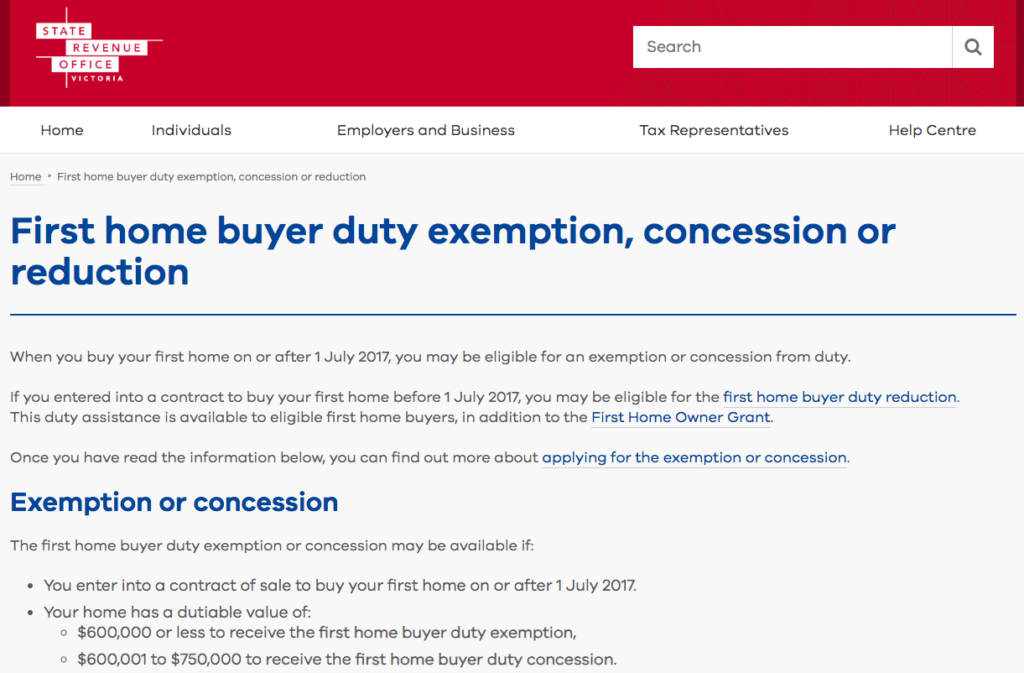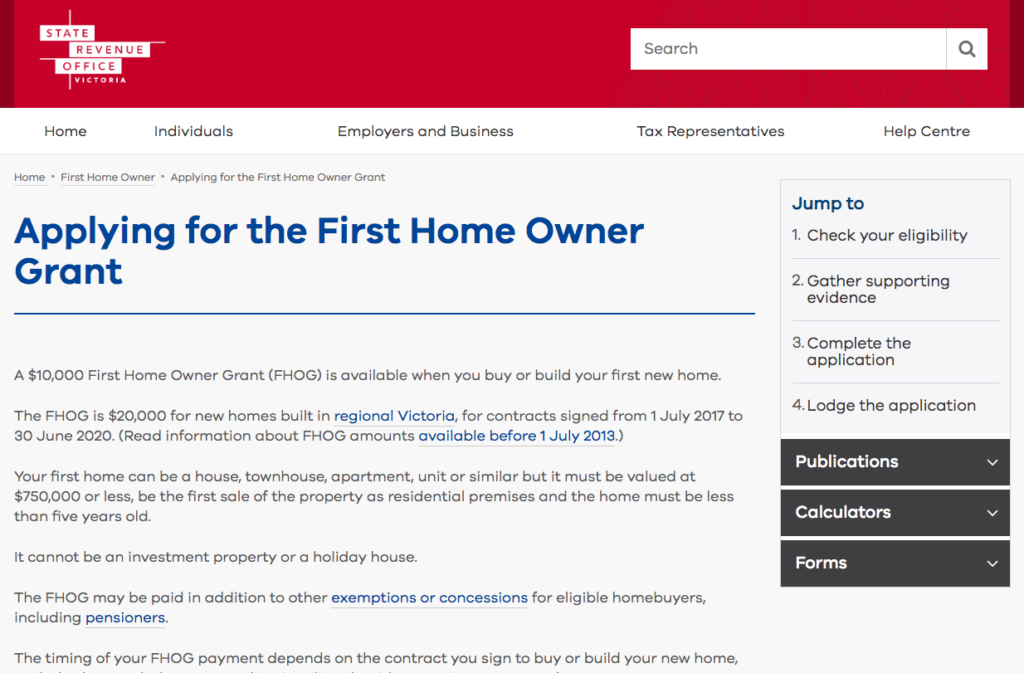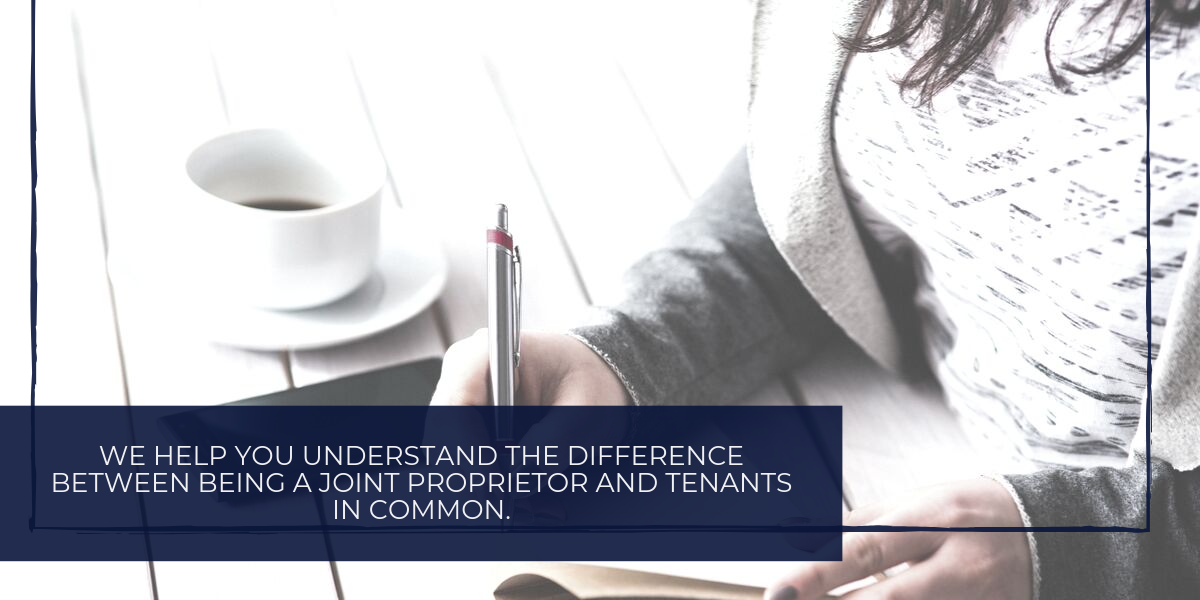Also known as a Section 32, a Vendor Statement includes all of the information that you need to know about the property you are buying or selling.
Why is it called a Section 32?
A Vendor Statement is also called a Section 32 simply because it is included in Section 32 of the Sale of Land Act. In accordance with this section, A Vendor must give to a purchaser (before they sign the contract of sale) a statement signed by the Vendor that complies with Section 32.
Understanding your Vendor Statement
If you are following along with a Vendor Statement for a property you are interested in purchasing, this is what you are likely to find.
Vendor Statement Cover/Signing Page
Most Vendor Statements follow a very similar structure. They typically begin with a cover sheet that is signed by the Vendor who by signing confirms that the information in the following pages is correct.
Register Search Statement
If you’re looking for a certificate of title in the vendor statement then you’re likely to be disappointed. Proof of ownership in property is more often included in the Register Search Statement which will give you some important basic information about the property.
For a detailed explanation of a Register Search Statement, please click here
Plan of Subdivision
The Plan of Subdivision can differ depending on the age of the property you are purchasing. Older properties can have a very dated looking Plan of Subdivision, whilst new developments are now prepared using digital drawing software.
If you are purchasing in a high rise development, the Plan of Subdivision will include every level of the property and could extend to a number of pages.
For a detailed explanation of a Plan of Subdivision, please click here
Land Tax Statement
The Land Tax Statement is prepared by the State Revenue Office and will provide details of any current land tax that is owing or due to be paid on the property.
For a detailed explanation of a Land Tax Statement, please click here
Owners Corporation Search
There are usually two components to owners corporation information in a Vendor Statement.
If you are purchasing in developments with common property then there will be an owners corporation governing the owners of those properties. The first thing is to check the Owners Corporation search which will tell you a) if there is an Owners Corporation and b) who they are.
The next document will be an Owners Corporation Certificate which will include the Owners Corporation Rules, minutes from the last meeting of the Owner Corporation members and a certificate detailing the rates, whether they are up to date and other important you need to know before becoming a member.
For a detailed explanation of an Owners Corporation search and Owners Corporation Certificate, please click here
Water Rates Certificate/Notice
Your Water Rates Certificate/Notice will contain the current water charges for the property, including the usage for water and sewerage. This document will let you know if the current owner has paid their water bills and allow your lawyer to prepare adjustments on those amounts accordingly.
For a detailed explanation of a Water Rates Certificate/Notice, please click here
Council Rates Certificate/Notice
Your Council Rates Notice is also known as a ‘Land Information Certificate’. This will contain the current council charges for the property, including your rates. This document will let you know if the current owner has paid their council rates (and if there are any arrears) and allow your lawyer to prepare adjustments on those amounts accordingly.
For a detailed explanation of a Council Rates Certificate/Notice, please click here
Planning Property Report
A Planning Property Report provides important information on the overlays and zones that impact the property. This document contains information on whether the property is a bushfire zone and the different planning overlays that will impact the works that can be completed on the property in the future.
For a detailed explanation of a Planning Property Report, please click here









